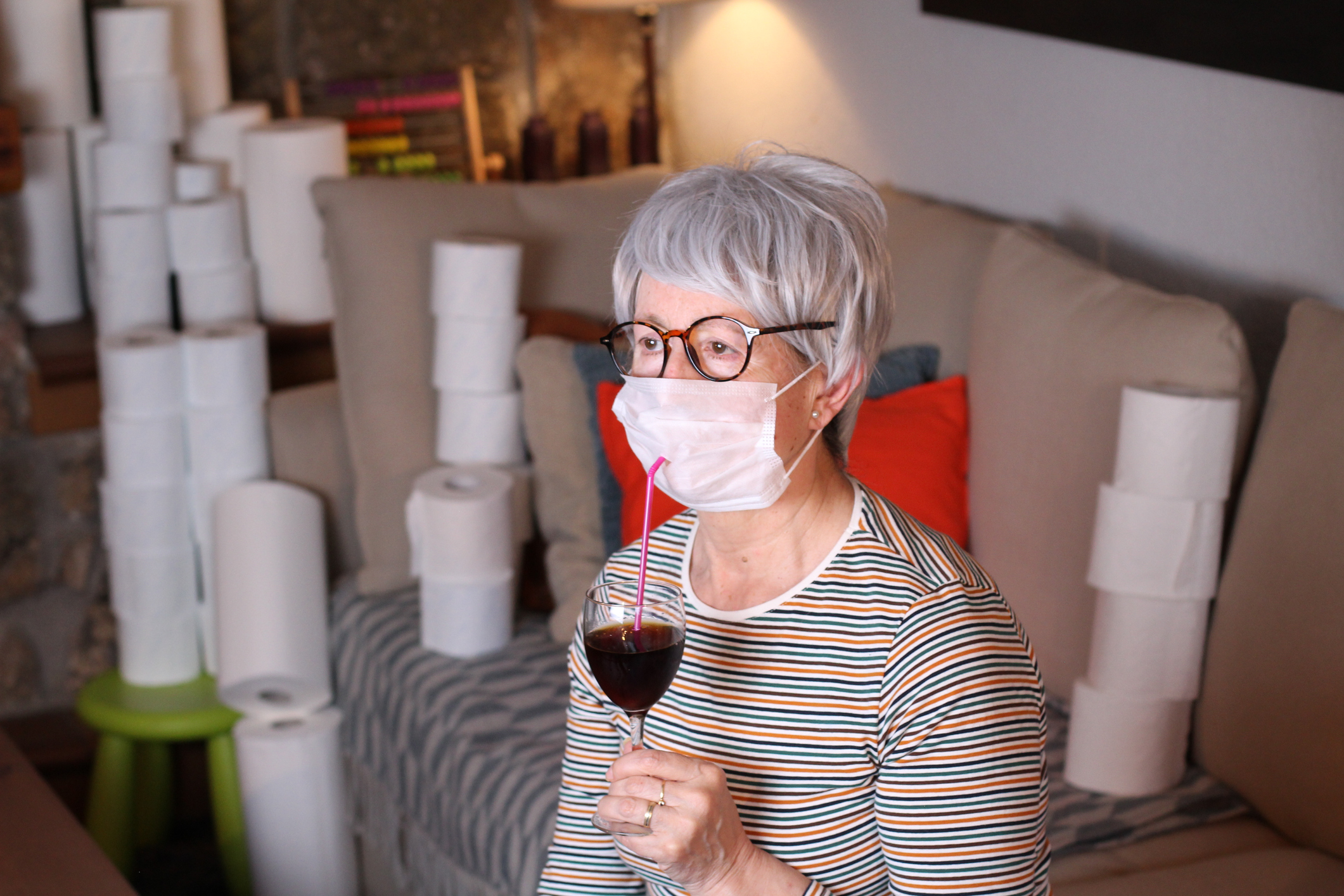As the gears of “normal life” move slowly back into motion, older adults may be feeling even more isolated as they are told to remain at home. During the first two months of COVID-19 virus shut-downs, there was a sense that we were all in this together but as restrictions begin to lift, seniors are still advised to stay home as much as possible. As images of people enjoying summer weather flood the media, hopefully, keeping a safe distance, elderly adults may be feeling left behind, hopeless, even expendable. Those in care facilities are particularly susceptible to depression and overall poorer health as a result of prolonged isolation.
Friends and family of seniors living alone or in nursing homes or seniors’ residences can help by staying in close contact over the phone or with video chats and encouraging older adults to reach out to clergy or accept a telehealth visit with a mental health professional. Social activities in care facilities have been cancelled indefinitely and the only contact elders may have is with staff who are likely stretched thin on time.
Not all seniors will admit they are depressed but they may describe feeling more tired than usual, having difficulty sleeping or focusing or are sad at their sudden loss of companionship. While younger people are anxious to re-start their lives, it’s important not to forget the continuing struggle for the senior population and those with underlying health conditions that prevent them from leaving home, even for short trips to the market.
According to the National Alliance on Mental Illness, following a daily routine of making your bed, getting dressed, connecting with loved ones, moving your body, practicing good hygiene, prioritizing sleep and getting a nutritious diet can help people feel more in control over their own well-being. Learning to manage stress with breathing exercises or meditation can also help seniors cope with isolation; listening to music, reading, listening to an audiobook, drawing, journaling or working on a puzzle may also help fill the long or lonely days.
Check with your local government for more resources to help seniors during COVID-19. Find your local 211; a source of social services information in the United States and Canada here.






Add Your Voice
0 Comments
Join the Discussion